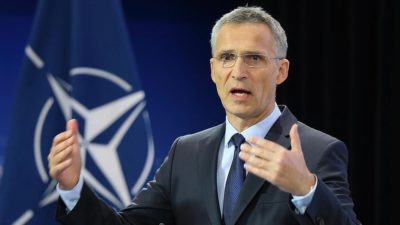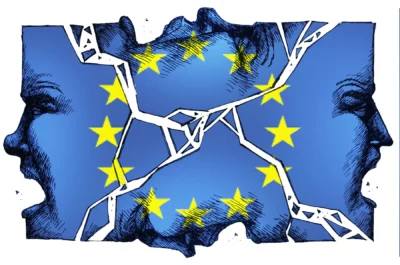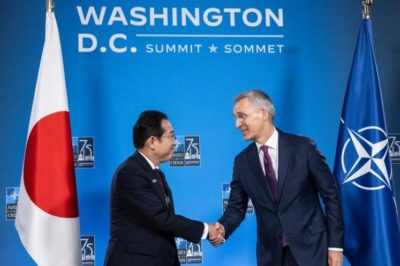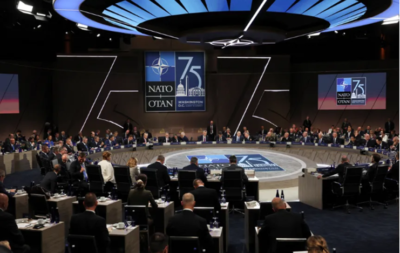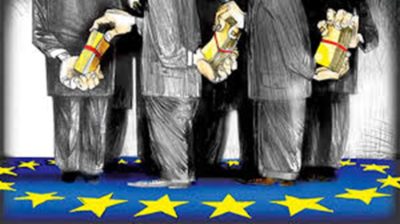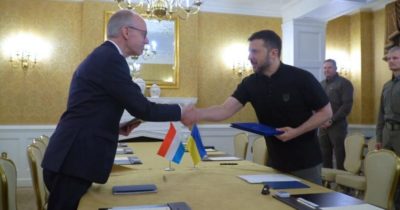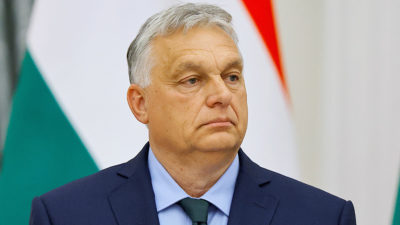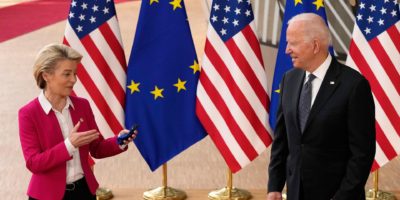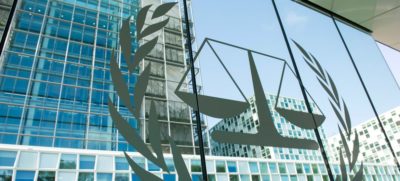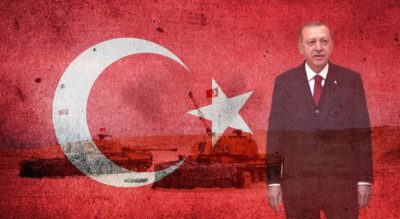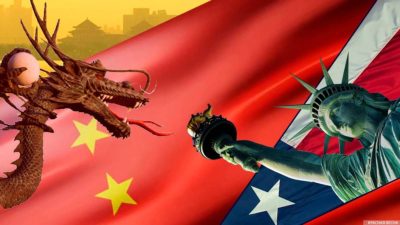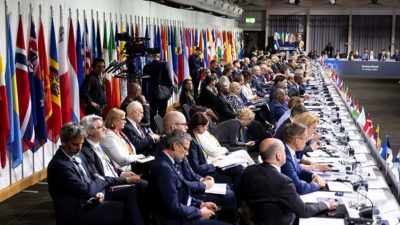NATO Plans to Destabilize Asia
NATO’s plans to establish a foothold in Asia to counter China better is nothing more than a sure recipe for disaster. Coming to Asia and beating war drums against a country that has not attacked anyone is akin to pushing it to take any and all necessary steps to protect its interests. NATO, thus, is pushing China to shun its regionally focused pacificism in favour of a more belligerent stance. A more aggressive China will, in NATO’s calculation, push Asian countries to move more towards the US out of their common fear of Beijing as the hegemon…
Current global dynamics accelerate the disintegration of Europe
While the collective West realizes with great surprise and astonishment that it no longer decides anything on the world stage, Europe, for its part, is disintegrating at an increasingly accelerated pace. The global power dynamic is undergoing a profound shift at cruising speed, where the predominant influence of Western countries appears to be crumbling. Historically, Europe and the United States have shaped world affairs through their colonial, military, economic and cultural power, with a stronger hold after World War II via institutions such…
The Trump Factor and NATO’s Expansion into Asia
European leaders dead worried about the return of Donald Trump to the White House later this year and the possibility of him moving the US away from the North Atlantic Treaty Organization (NATO) to accomplish his “Make American Great Again” goals, the former is taking steps to expand NATO to Asia to keep it relevant. Donald Trump has vowed more than once to counter China. He has also expressed optimism to use diplomacy to end the Russia-Ukraine conflict. Combined with his disdain for NATO, the resolution of the Russia-Ukraine conflict could erode NATO’s credibility and legitimacy.
Disguised Colonial Narrative in 2024 NATO Summit
As NATO celebrated its 75th anniversary in mid-July, all the speakers, including Joe Biden, Lloyd Austin (here), and Jens Stoltenberg (here) cunningly cast the alliance as a peaceful grouping that shields the freedom-loving, and democratic west from a violent world. Nothing can be further from the truth, as its members caused World War II and fanned WWI, (here) and have been responsible for many other wars and human suffering globally.
EU Corruption: If It Smells Like a Volga Fish
Russia’s former president, Dmitry Medvedev, levels a scathing criticism of what he termed the NATO/EU Holy Trinity of leadership. The current Deputy Chairman of Russia’s Security Council Unleashed overdue criticism of NATO boss Mark Rutte, EU chief Ursula von der Leyen, and Estonia’s Prime Minister Kaja Kallas. Medvedev’s cutting revelations reveal more evidence of why the Western alliance is disintegrating.
Luxembourg Goes To War
Little Luxembourg has concluded a “security agreement” with the American puppet of Ukraine, Zelensky. This astonishing event might call to mind the foreign policy of The Grand Duchy of Fenwick.
Viktor Orban: A Lone Dove of Peace Dodging European and American War Hawks
The furor in Washington, Brussels, and the capitals of NATO and EU member states over the recent trip to Moscow by the Hungarian prime minister, Viktor Orban, is very telling.
For European leaders, opposing the United States amounts to suicide
By viewing the governance of Europe from the period after the fall of the Berlin Wall (1989) and the illusion of the end of the Cold War (1991) to the present day through the prism of Gestalt psychology, we realise that Europe lives in fear and deception vis-à-vis the United States of America. After the Second World War in 1945 – in which the United States has called itself a winner – while the world was living in relative peace, it was at that very moment (in peacetime) that the United States created an aggressive military alliance…
The ICC –A Cog In The NATO War Machine
On June 25th, the prosecutor of the International Criminal Court, so-called, issued arrest warrants for two more Russians, the former defence minister, Sergey Shoigu, and the Chief of the General Staff of the Russian Federation Armed Forces, Valery Gerasimov, on three charges, which claim the deliberate targeting of civilians in the conflict in Ukraine by the Russian Armed Forces, in strikes against Ukrainian infrastructure, to wit, electric power generating plants.
Turkey is stepping up its foreign policy
Over the past two decades, Turkey has pursued and is pursuing an increasingly active and interventionist foreign policy in line with geopolitical transformations and structural challenges of regional conflicts. With fewer internal restrictions, the Turkish political apparatus and, above all, the President of the Republic, Recep Tayyip Erdoğan, had enough room for manoeuvre and flexibility to formulate an ambitious foreign policy, which has at times led to an aggravation of relations with both global and regional players…
Washington to Beijing’s partners: «Sacrifice yourself to help me contain the Dragon»
In a context where Washington has designated Beijing as a systemic geopolitical rival, the US administration is striving to reshape the global geopolitical landscape in its favor. To this end, it is using classic diplomatic instruments – without ceasing to resort to unilateral or coercive measures.
Secret Treaties — War and Peace
The absurdity of the meeting in Switzerland organised by the USA and the other aggressive nations intent on war with Russia, the fact that it was not a peace summit but a device to obtain support and justification for the aggression against Russia, raises a question in the minds of many.
